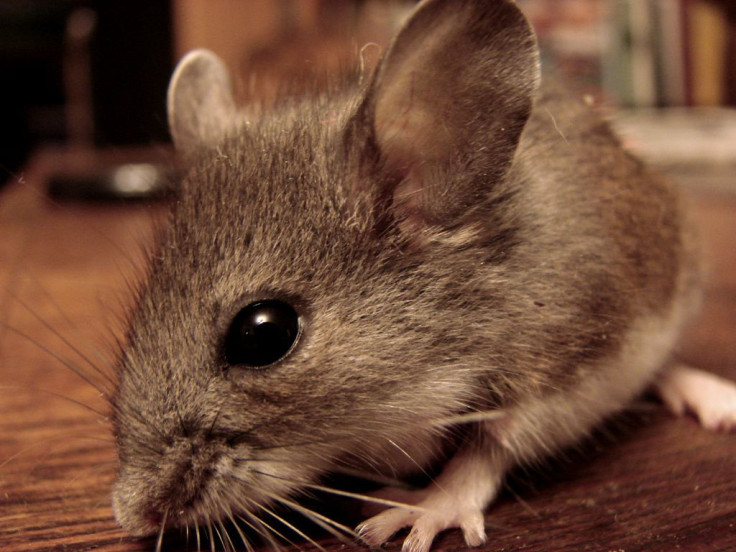Promiscuity Alters DNA and Boosts Immunity in Mice

Promiscuity may alter DNA and boost immunity in mice, according to new research.
Scientists compared the immune systems of two related species of mice: the monogamous California mouse (Peromyscus californicus) that sticks to the same partner for its whole life and the sexually promiscuous deer mouse (Peromyscus maniculatus).
Scientists from the University of California, Berkeley found that deer mice have significantly stronger immune systems than California mice, suggesting that deer mice may have developed more robust immunity to protect themselves against the disease-causing bacteria they are exposed to from mating with multiple partners.
The team found that sexual behavior not only impacts the bacteria hosted by each species, but also the diversity of genes that control immunity, according to the study published in the journal PLoS One.
Results from the study found that the lifestyles of the two species of mice made a direct impact on the bacterial communities that living within the female reproductive tract, as well as the diversity of genes related to immunity against bacterial disease.
After conducting a genetic analysis on the bacterial communities that reside in the vaginas of both species of mice, researchers found that the promiscuous deer mouse had twice the bacterial diversity as the monogamous cousins.
Scientists explained that the greater diversity also applied to their genes. After sequencing the genes of the two species of mice, the team found that the deer mouse had much more diversity in DNA associated with the immune system.
"The promiscuous mice, by virtue of their sexual system, are in contact with more individuals and are exposed to a lot more bacteria," researcher Matthew MacManes said in a statement. "They need a more robust immune system to fend off all of the bugs that they're exposed to."
Researchers said that the latest findings match previous findings in humans and other species with differential mating habits, suggesting that social behavior can lead to evolutionary changes on the genetic level in the species.
"The things an animal does, the way it behaves, and who it interacts with, are important to natural selection. These factors can cause immunogenes to evolve at a much faster rate, or slower in the case of monogamous mice. That connection is important and probably under-recognized," MacManes said.
MacManes said that sexual behavior is just part of a variety of social behaviors that are thought to influence gene expression. He is currently investigating gene expression in the hippocampus brain region of tuco tucos (a gopher species that lives in South America) who live together in social groups and other species of gophers that live independently.
He hopes to find what separates the social animals from the loners and how this change in their behavior has on their genetic profile.
Published by Medicaldaily.com



























